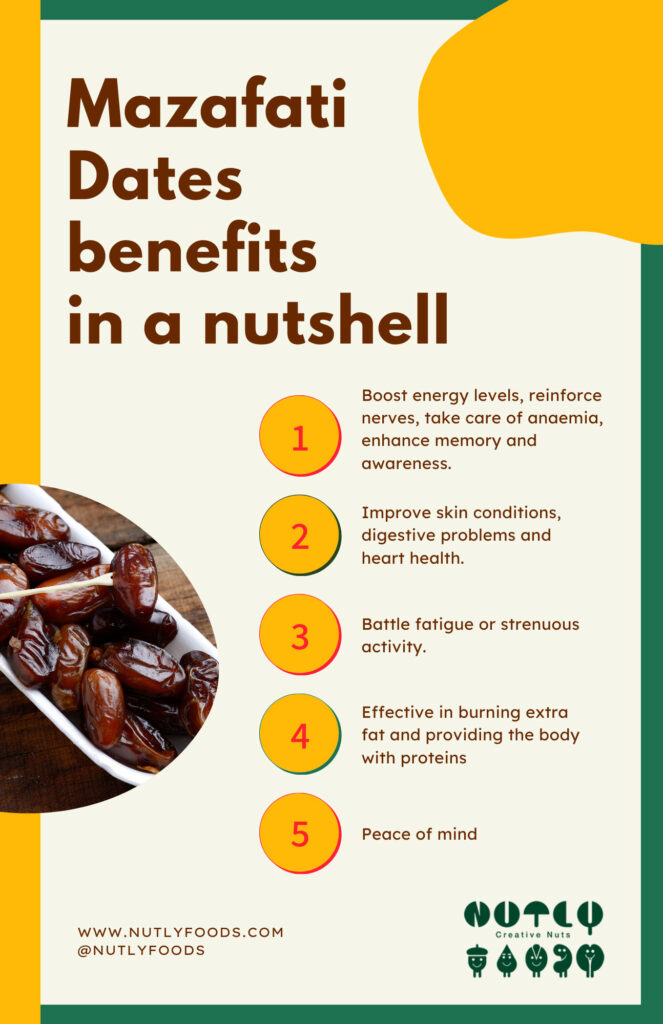Borong Kurma: Strengthening Regional Economic Climates through Dates
The day industry, particularly borong kurma, has significant financial implications for neighborhood neighborhoods, especially in date-producing areas. This write-up discovers how the wholesale day market supports regional economic climates, develops tasks, and fosters lasting agricultural techniques. The Role of Day Farming in Regional Economic Situations 1. Work Opportunities: Date farming offers jobs for countless employees, from growing and gathering to packaging and distribution. In backwoods, this industry is usually a key source of work. 2. Income Generation: Farmers offering their fruit and vegetables to wholesalers gain from a stable income, which supports neighborhood economies and family members. 3. Pemborong Kurma : The need for kurma stimulates the growth of relevant organizations, including product packaging companies, transport services, and retail electrical outlets. 4. Export Opportunities: Nations that create high-grade dates can take advantage of export markets, producing fx and increasing the nationwide economic situation. Borong Kurma and Agricultural Sustainability 1. Conventional Farming Practices: Several day farmers employ standard farming techniques that advertise sustainability, making sure that their methods are eco-friendly. 2. Chemical-free farming: With the expanding customer preference for organic items, numerous day farmers are changing in the direction of natural practices, improving the market value of their days. 3. Water Conservation: Date hands are well-adapted to arid environments, requiring much less water than lots of various other plants. This flexibility assists preserve water resources in areas encountering shortage. 4. Biodiversity: The farming of date hands adds to farming biodiversity, supporting ecosystems and local wildlife.  Difficulties Faced by Local Areas 1. Climate Adjustment: Rising temperatures and transforming precipitation patterns can influence day manufacturing, affecting neighborhood farmers and economies. 2. Market Variations: Prices for dates can rise and fall based on international supply and need, influencing farmers' revenue and financial stability. 3. Competition: The expanding appeal of dates has brought about boosted competition on the market, which can challenge local farmers to keep their market share. 4. Accessibility to Resources: Small farmers may fight with accessibility to resources such as water, land, and financing, impeding their ability to complete in the wholesale market. Techniques for Economic Advancement 1. Cooperatives: Forming cooperatives allows small-scale farmers to pool sources, share expertise, and accessibility bigger markets jointly. 2. Kurma Borong and Education: Offering training in sustainable farming methods and company management can encourage local farmers to improve their yields and success. 3. Accessibility to Financing: Financial backing via lendings and grants can help farmers spend in their operations, enhancing manufacturing efficiency and market access. 4. kurma borong near me : Recognizing market trends and consumer choices can assist farmers and wholesalers make notified choices, improving their competition. Final thought The borong kurma market plays a critical role in supporting neighborhood economic climates and promoting sustainable farming practices. By acknowledging the financial impact of this industry, stakeholders can collaborate to resolve difficulties and develop a thriving future for day farming neighborhoods.
Difficulties Faced by Local Areas 1. Climate Adjustment: Rising temperatures and transforming precipitation patterns can influence day manufacturing, affecting neighborhood farmers and economies. 2. Market Variations: Prices for dates can rise and fall based on international supply and need, influencing farmers' revenue and financial stability. 3. Competition: The expanding appeal of dates has brought about boosted competition on the market, which can challenge local farmers to keep their market share. 4. Accessibility to Resources: Small farmers may fight with accessibility to resources such as water, land, and financing, impeding their ability to complete in the wholesale market. Techniques for Economic Advancement 1. Cooperatives: Forming cooperatives allows small-scale farmers to pool sources, share expertise, and accessibility bigger markets jointly. 2. Kurma Borong and Education: Offering training in sustainable farming methods and company management can encourage local farmers to improve their yields and success. 3. Accessibility to Financing: Financial backing via lendings and grants can help farmers spend in their operations, enhancing manufacturing efficiency and market access. 4. kurma borong near me : Recognizing market trends and consumer choices can assist farmers and wholesalers make notified choices, improving their competition. Final thought The borong kurma market plays a critical role in supporting neighborhood economic climates and promoting sustainable farming practices. By acknowledging the financial impact of this industry, stakeholders can collaborate to resolve difficulties and develop a thriving future for day farming neighborhoods.